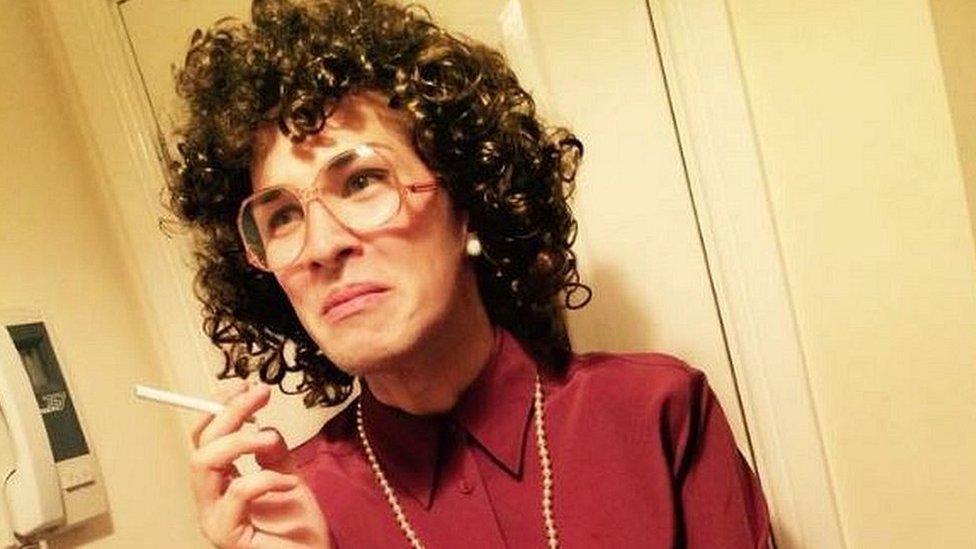Terror attack survivors demand better mental health support
- Published
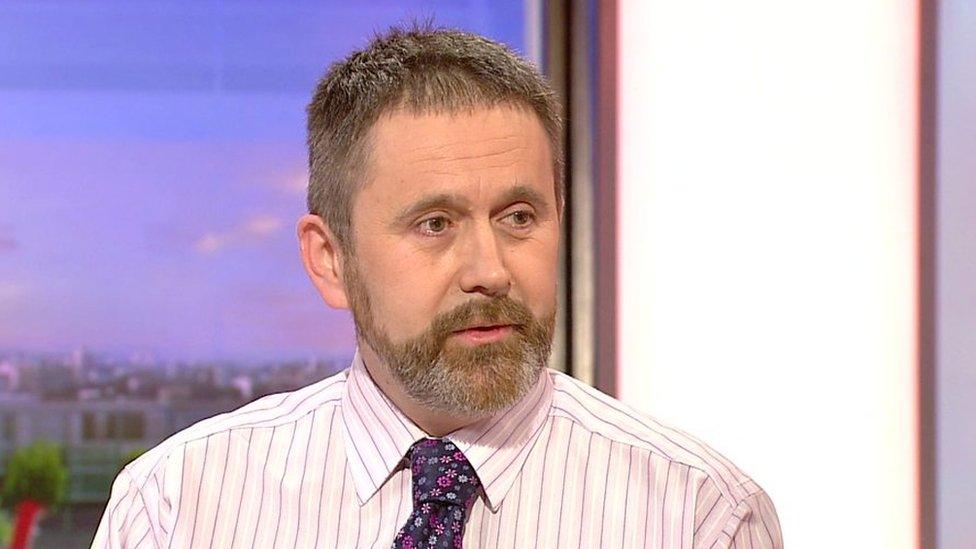
Stuart Murray lost his 29-year-old stepson Martyn Hett in the Manchester Arena bomb
Manchester Arena bomb survivors have demanded future terror attack victims receive better mental health support.
Twenty-two people were killed and hundreds were injured when a suicide bomber detonated his device at the end of Ariana Grande's 22 May 2017 concert.
A report has called for survivors of terrorism to have an initial assessment within three weeks, and to start receiving treatment within six weeks.
The Home Office said it would continue to provide support for victims.
Survivors Against Terror, external is a charity supporting survivors of terror attacks in Britain or on British people overseas.
Its report has called for changes in "the way we see terrorism and realise the assault it represents on our mental health".
'Mental health backlog'
Lead author Stuart Murray lost his 29-year-old stepson Martyn Hett in the Manchester Arena bombing nearly five years ago.
He said some of his family struggled to access the skilled therapy they needed.
"I remember a moment a couple of months afterwards screaming in the car, saying how ridiculous it was," Dr Murray told the BBC.
He said while he had worked for the NHS for 30 years, he still had to pay for private support.
"I felt embarrassed in a way, that as a doctor and working in the system that the help is not available, and if I cannot get it then there is no hope for anyone else," Dr Murray added.
The report said that while there were some offers of mental health support, there was also a lack of co-ordination between the different agencies involved, and also a lack of continuity.
Dr Murray believes this approach must change.
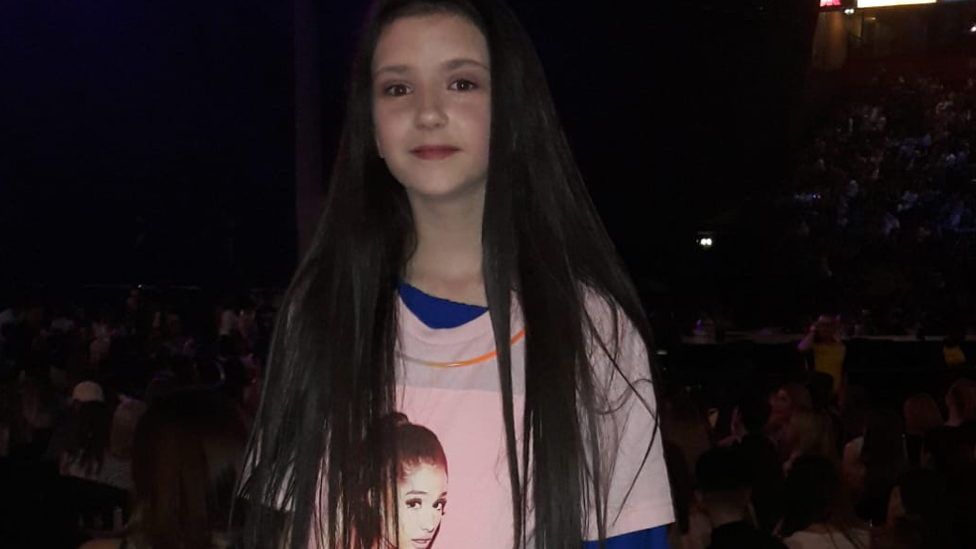
Abi Quinn was 12 at the time of the bomb - she is still living with the mental health impact
Abi Quinn, then 12, was bought tickets to go to Ariana Grande's concert as a Christmas present.
While she was not physically hurt in the attack, she is still living with the impact it has had on her mental health.
She is now undergoing therapy for PTSD and anxiety after her mum wrote to their MP, who helped fast-track her case.
"There is still such a backlog on mental health services for children anyway, without events like this happening," Abi said.
"For it not to be available when it is really needed it is just not OK really."
Abi said more support must be put in place.
"You cannot just keep giving 12-month waiting lists, and just hoping that in that 12 months it self heals.
"It just doesn't. It just keeps getting worse and worse."
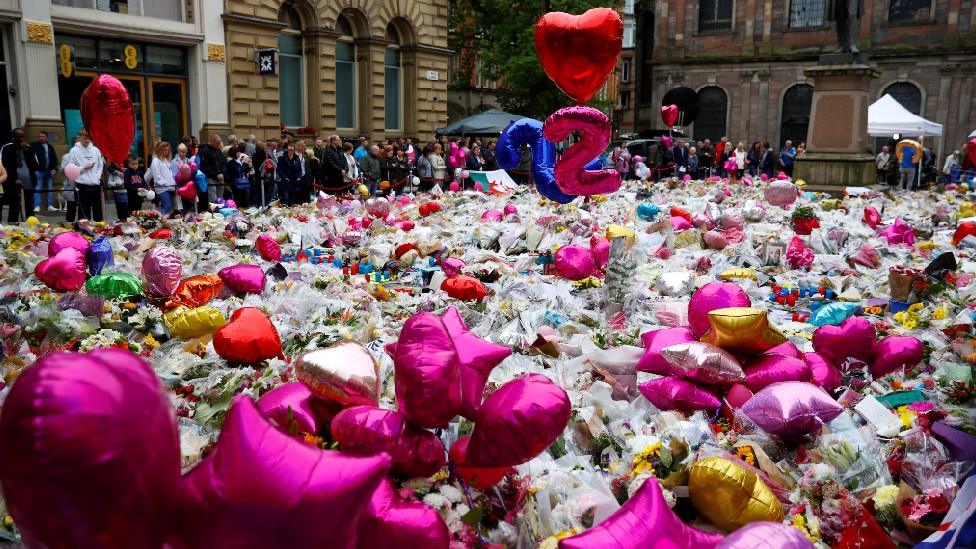
Twenty-two people were killed and hundreds were injured in the attack on 22 May 2017
The government said it was committed to providing "comprehensive and swift support" to victims, including a 24/7 helpline.
A Home Office spokeswoman said the government would continue to listen to victims and survivors and "would ensure their views inform the support available".
The Home Office added that it had launched a call for evidence to inform a 10-year mental health plan.

Why not follow BBC North West on Facebook, external, Twitter, external and Instagram, external? You can also send story ideas to northwest.newsonline@bbc.co.uk
Related topics
- Published3 November 2022

- Published29 December 2021

- Published20 May 2022
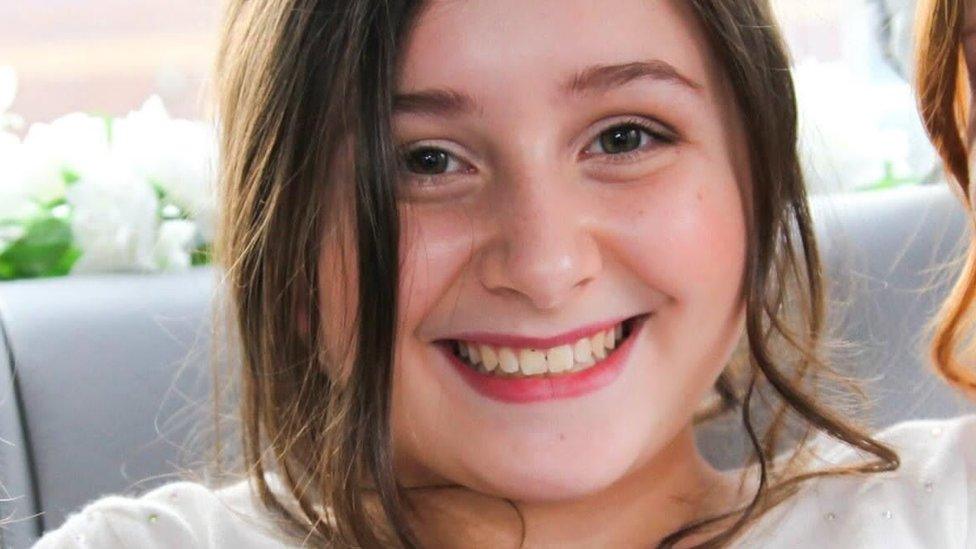
- Published20 May 2022
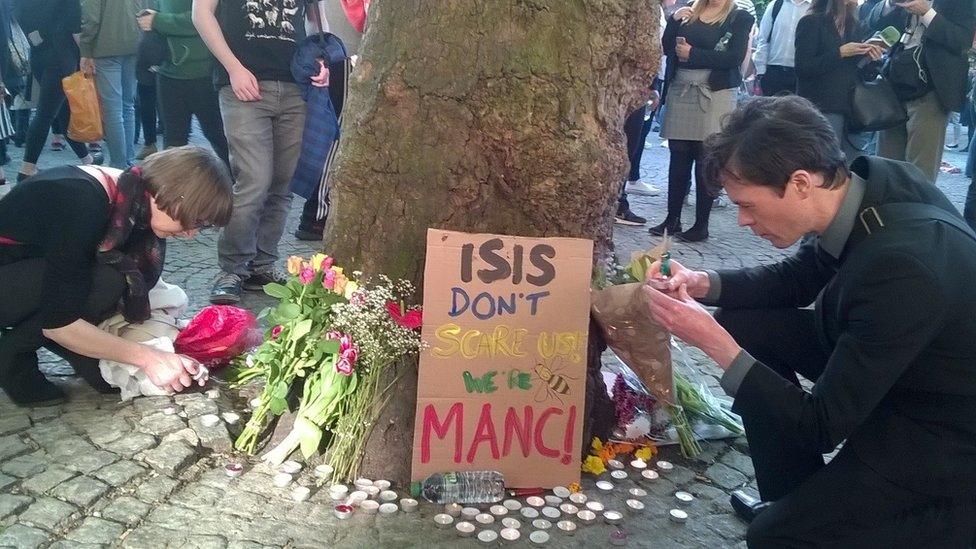
- Published3 October 2018
